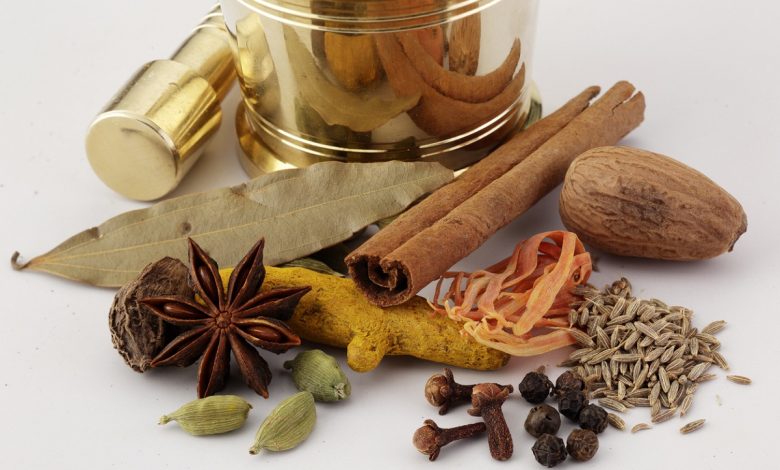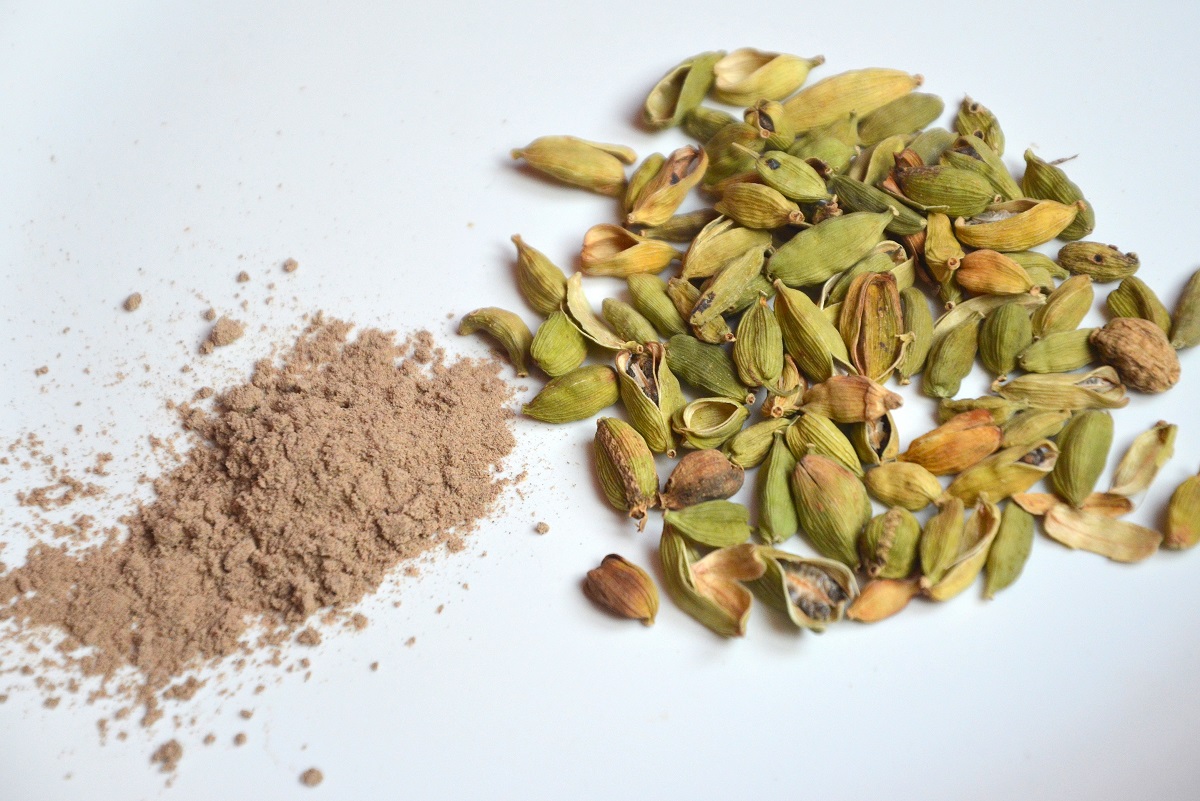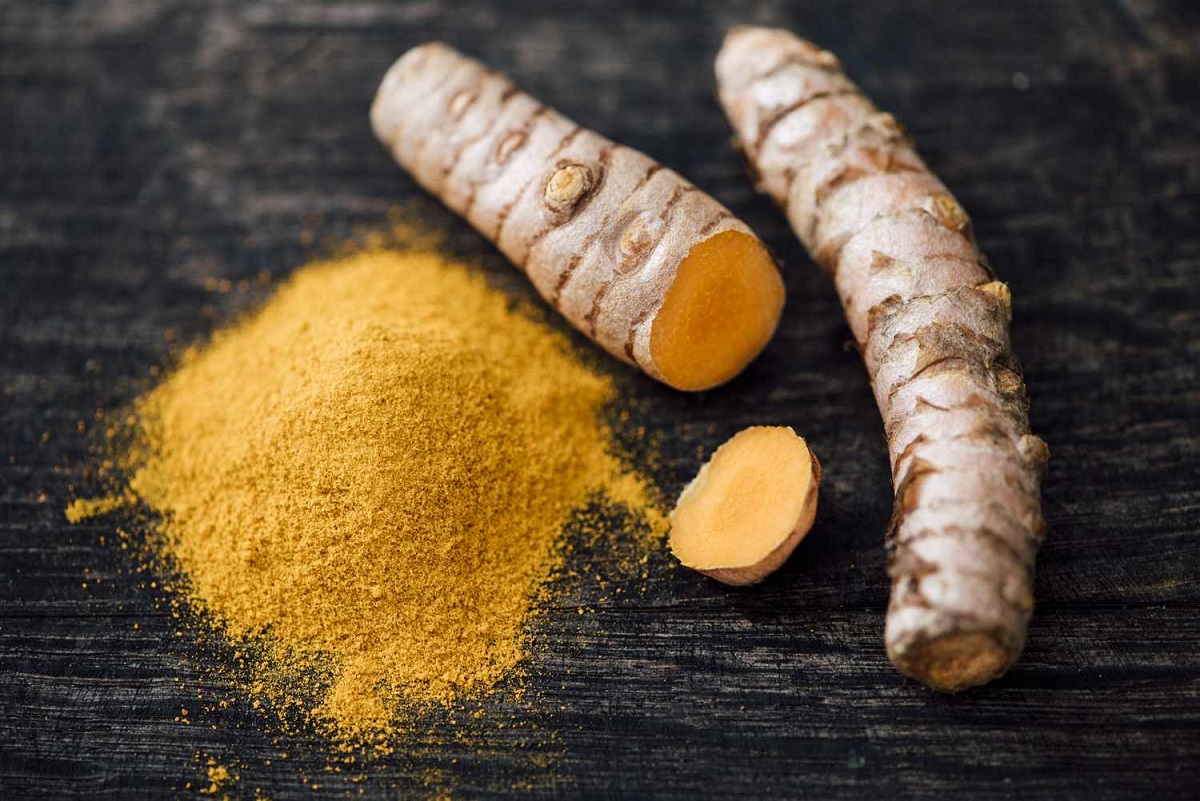7 Best Spices For Autumn: Warming Flavors And Their Health Benefits

Spices For Autumn: As autumn arrives with its crisp air and golden leaves, the desire for warming, comforting foods grows stronger.
Spices play a central role in enhancing the flavors of seasonal dishes while also offering a host of health benefits. Certain spices not only bring a sense of warmth and coziness but also promote wellness, particularly during the cooler months when the immune system may be more vulnerable. This content explores the most popular autumn spices, their culinary uses, and their health benefits, illustrating how they can enrich both flavor and well-being.
Best Spices For Autumn
1. Cinnamon: A Fall Favorite

Spices For Autumn, One of the quintessential spices of autumn, cinnamon brings a sweet, woody flavor that pairs perfectly with many seasonal dishes. Whether sprinkled on oatmeal, baked into pies, or stirred into warm beverages like apple cider, cinnamon is a versatile spice that embodies the essence of fall.
Health Benefits Of Cinnamon: Cinnamon is known for its powerful antioxidant properties, which help reduce oxidative stress and inflammation in the body. It is also linked to better blood sugar control, making it beneficial for people with diabetes or those looking to prevent blood sugar spikes after meals. Studies suggest that cinnamon may improve insulin sensitivity, helping regulate glucose levels. Additionally, cinnamon has antimicrobial properties that can aid in preventing infections, making it especially helpful during cold and flu season.
2. Ginger: Warming And Invigorating
Spices For Autumn, Ginger’s spicy, slightly sweet flavor is a staple in many fall recipes, from warming soups and curries to gingerbread cookies and teas. It adds a distinct zing that complements both savory and sweet dishes, making it a must-have spice for the autumn kitchen.
Health Benefits Of Ginger: Ginger is widely known for its digestive benefits, helping to soothe nausea, reduce bloating, and promote healthy digestion. It contains gingerol, a bioactive compound with powerful anti-inflammatory and antioxidant effects. During the fall, ginger can be especially helpful in warding off colds and flu, as it has natural antiviral and antibacterial properties. Additionally, its warming effects on the body make it ideal for improving circulation and alleviating cold hands and feet, which are common complaints as temperatures drop.
3. Nutmeg: Subtle And Aromatic

Spices For Autumn, Nutmeg is another beloved autumn spice with a rich, slightly sweet, and nutty flavor. Often used in baked goods like pies, cakes, and cookies, as well as savory dishes like creamy soups and sauces, nutmeg enhances the warmth of many fall foods.
Health Benefits Of Nutmeg: Nutmeg contains compounds such as myristicin and eugenol, which contribute to its anti-inflammatory, antimicrobial, and antioxidant properties. In small amounts, nutmeg can help support digestion and alleviate bloating or indigestion, making it useful after heavy fall meals. Nutmeg is also known for its calming effects, with some studies suggesting that it can help improve sleep quality and reduce symptoms of anxiety. Sprinkling a small amount of nutmeg into evening meals or beverages can promote relaxation and a restful night’s sleep during the longer, cooler fall nights.
4. Cloves: A Bold, Pungent Spice
Spices For Autumn, Cloves bring a warm, spicy, and slightly bitter flavor that is often associated with autumn baking and holiday beverages. Commonly used in spice blends like pumpkin spice or added to dishes like mulled wine and spiced cider, cloves are a bold, aromatic addition to any autumn meal.
Health Benefits Of Cloves: Cloves are rich in antioxidants, particularly eugenol, which helps protect the body from oxidative stress and inflammation. They also have antibacterial properties that make them useful for oral health, often being used in natural toothpastes or mouthwashes to reduce bacteria and freshen breath. Cloves can also aid in digestion by stimulating digestive enzymes and reducing gas and bloating. Their anti-inflammatory properties make them a helpful spice for soothing respiratory issues, such as coughs or sore throats, which are more common during the fall season.
5. Cardamom: The Sweet And Savory Spice

Spices For Autumn, Cardamom’s unique, aromatic flavor has both sweet and savory applications, making it a versatile addition to fall cooking. It is often used in both spiced teas like chai and baked goods, as well as in savory dishes such as curries or stews. Its warm, citrusy notes make cardamom a delightful spice for autumn cuisine.
Health Benefits Of Cardamom: Cardamom is well-known for its digestive benefits, particularly in reducing indigestion and heartburn. It also contains compounds that act as natural breath fresheners, and it has traditionally been used to help treat bad breath. Cardamom has anti-inflammatory and antioxidant properties, which help protect cells from damage and support overall health. Additionally, cardamom has been linked to improved respiratory function, making it useful for soothing coughs or congestion during the colder months of fall.
6. Allspice: A Blend Of Fall’s Favorite Flavors
Spices For Autumn, Despite its name, allspice is a single spice that combines the flavors of cloves, cinnamon, and nutmeg, making it a convenient addition to fall dishes that require a complex, warm flavor. Allspice is often used in pumpkin pie, spiced cakes, and stews, providing a rich depth of flavor to both sweet and savory recipes.
Health Benefits Of Allspice: Allspice is packed with antioxidants, which help fight inflammation and support the immune system during the fall months. It also has antimicrobial properties, making it a useful spice for protecting against infections. Allspice can also aid in digestion and may help alleviate bloating or upset stomachs after heavy meals. Its warming effects on the body make it ideal for fall, helping improve circulation and promote a feeling of comfort and warmth.
7. Turmeric: The Golden Spice

Spices For Autumn, Although turmeric is more often associated with savory dishes, its earthy, slightly bitter flavor has found its way into fall drinks like golden milk and lattes. Turmeric’s vibrant yellow color and warming properties make it a popular spice for autumn cooking, particularly in soups, curries, and roasted vegetables.
Health Benefits Of Turmeric: Turmeric is celebrated for its powerful anti-inflammatory properties, largely attributed to its active compound curcumin. This makes turmeric a valuable spice for reducing inflammation, particularly in joints and muscles, which can be beneficial as the colder weather exacerbates conditions like arthritis. Curcumin also has antioxidant properties that help protect the body from cellular damage and boost overall immunity. Adding turmeric to fall meals can help support the body’s defenses against seasonal illnesses and keep inflammation at bay.
Conclusion
Spices For Autumn, Autumn is a season rich in both flavor and tradition, and the use of warming spices is an essential part of the culinary experience during this time. From the sweetness of cinnamon and nutmeg to the boldness of cloves and ginger, these spices not only elevate the flavors of fall dishes but also offer a range of health benefits.
Their anti-inflammatory, antioxidant, and immune-boosting properties make them valuable additions to a fall diet, helping to support overall well-being as the body adapts to the colder months. Embracing the use of these spices in cooking and beverages is a simple yet effective way to enjoy both the taste and health benefits of autumn.
Also Read:
Fall Nutrition: Embracing Seasonal Foods For Optimal Health
Staying Healthy In Autumn: A Comprehensive Guide
Best 5 Herbal Remedies For Autumn: Boosting Immunity Naturally




